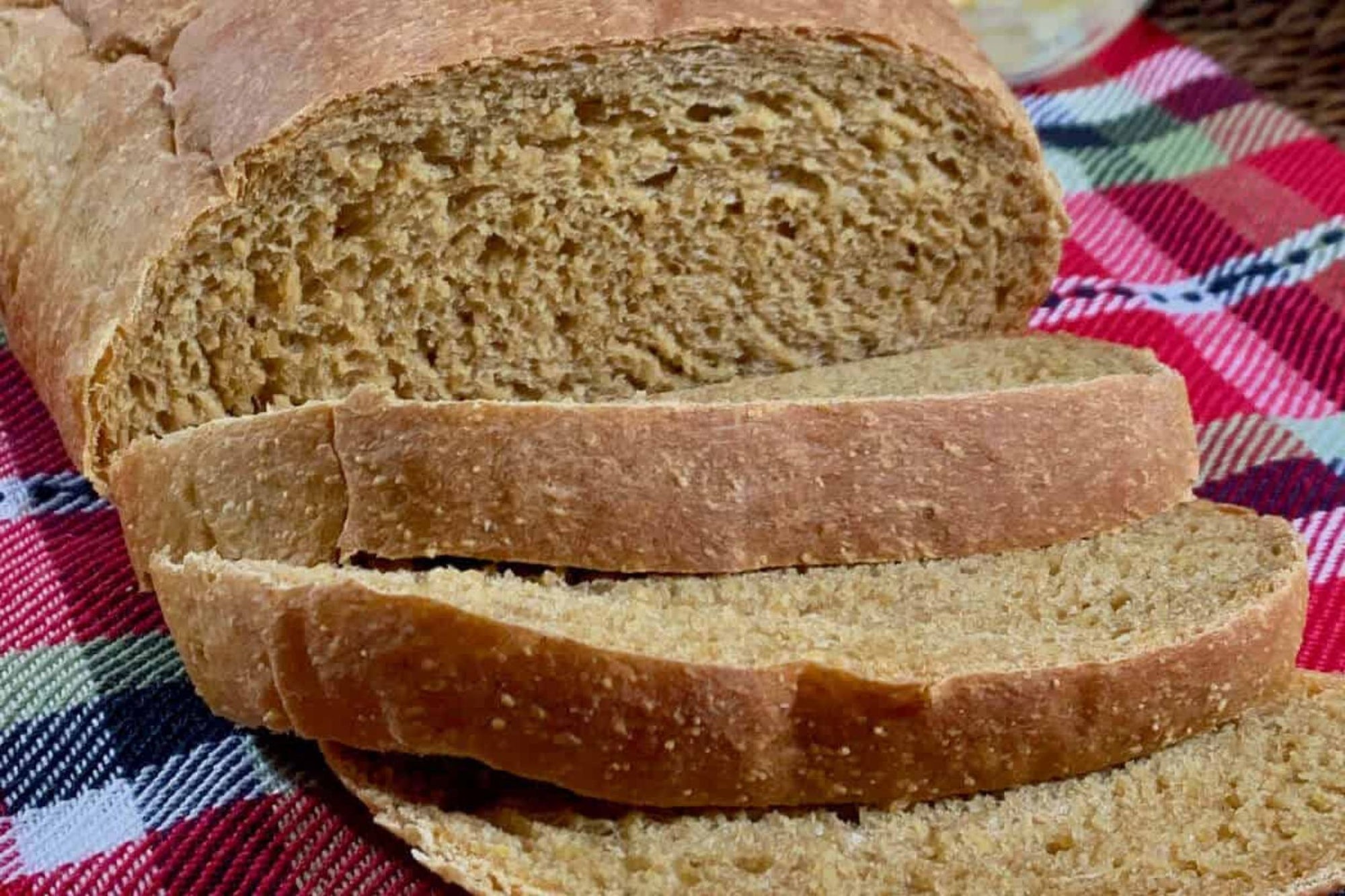This is an unleavened, unkneaded bread, it is easy to make. It is a heavy bread, like Danish rye, a little goes a long way. Sprouting grains increases their nutrient content and makes these nutrients more accessible for absorption by the body, leading to improved digestibility and bioavailability of essential vitamins and minerals. Sprouted grains are easier to digest and may be more suitable for individuals sensitive to traditional, unleavened bread made from unsprouted grains. While the preparation process for Essene Bread may seem unconventional by modern standards, the resulting bread offers a unique and wholesome culinary experience that aligns with the principles of whole and natural foods.
Ingredients:
1/4 cup almonds (soaked overnight and drained)
1/4 cup walnuts (soaked overnight and drained)
3 pitted dates (soaked in a separate bowl until soft, about one hour and drained)
1/2 apple, peeled and shredded
1 clove garlic, minced (optional)
1 teaspoon fresh parsley, minced
2 tablespoons extra virgin olive oil
2 cups of wheat berries (whole, unground wheat), kamut or spelt* (see instructions for how to sprout grains)
Directions:
- Place drained sprouts and dates into food processor along with remaining ingredients and process until a dough consistency is reached.
- Place dough on a solid dehydrating sheet and shape a loaf about 3 1/2 inches wide, about 6 inches long and 1 1/2 inches thick.
- Dehydrate at 100 degrees for 13 to 17 hours.
- The bread will be crispy on the outside and moist on the inside.
Directions to sprout grains:
- Place grains in a large bowl and cover with distilled water. Allow them to soak 2 to 3 days.
- Place colander over a large bowl and pour soaked grains into colander draining all of the soaking water. Cover colander and allow it to sit overnight.
- The following morning, rinse by placing them in a bowl of fresh water and swirling lightly with your hand. Return to colander until the next morning and repeat the process.
- Repeat this process until a small "tail" about 1/4" forms. When the "tail" has formed, place the sprouts in a container in the refrigerator, this helps slow down the growing process.
- Sprouts should keep two to three days in the refrigerator.






